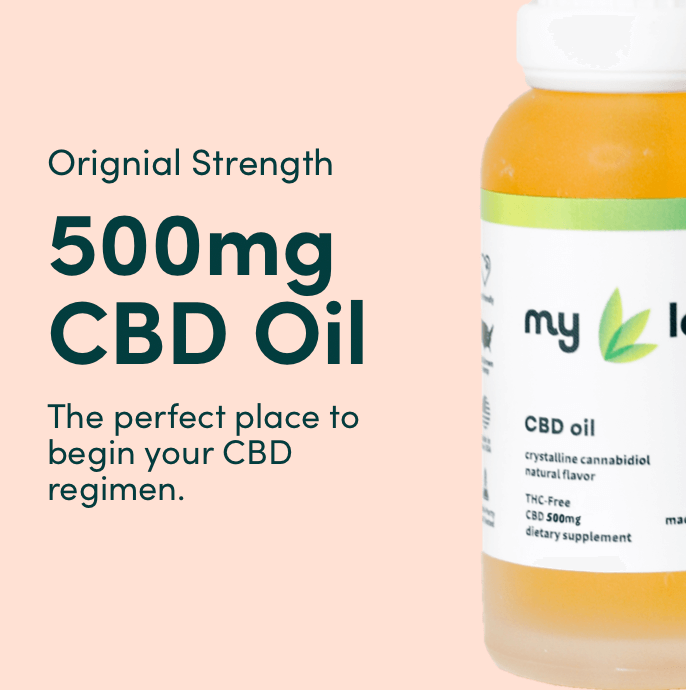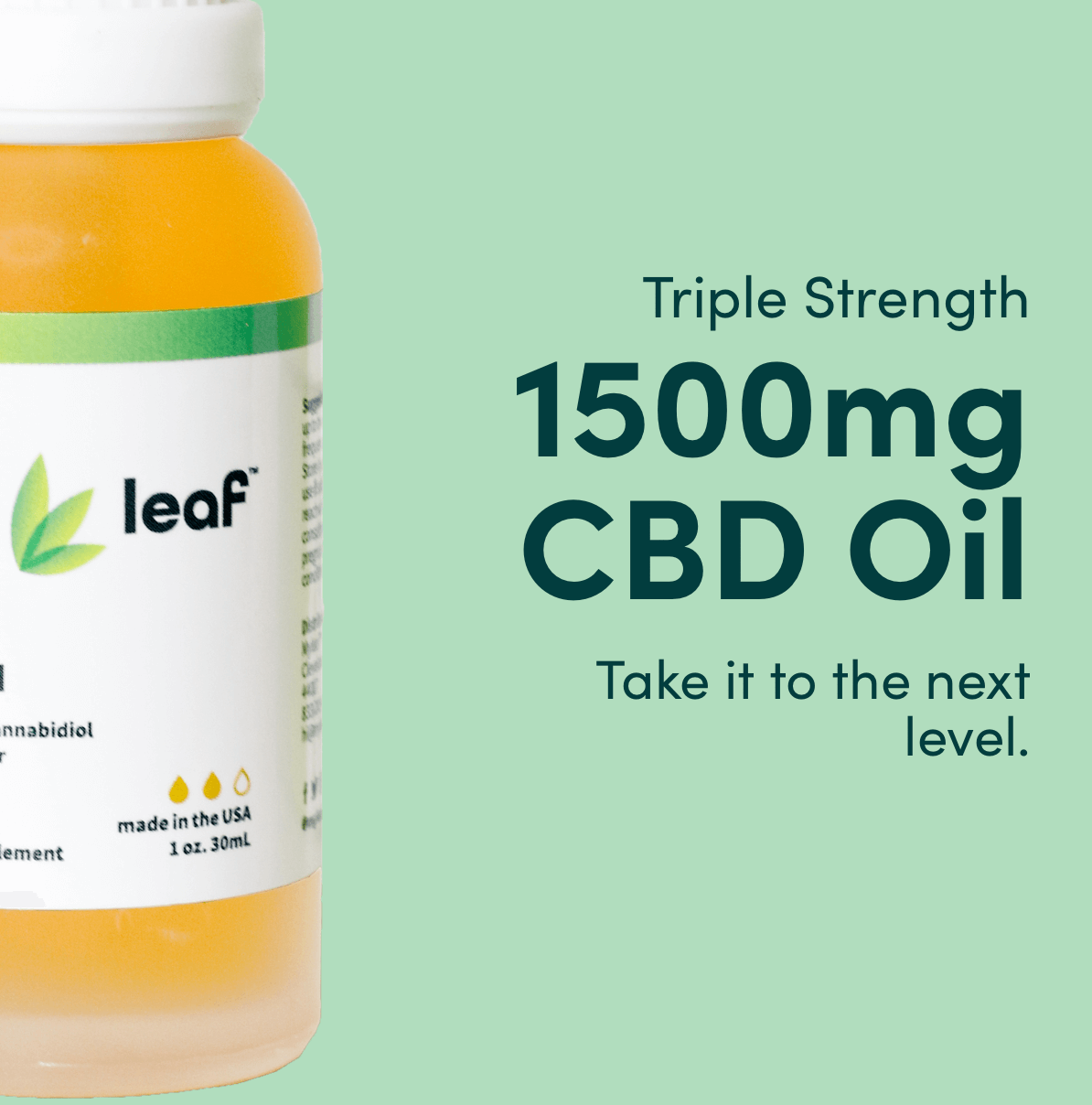5 Ways to Find Calm & Comfort in 2020
Witnessing a worldwide pandemic is not exactly what we thought 2020 would bring. This year has been anything but calm and comfort. We have witnessed major changes, unpredictability, uncertainty, and consistent worry. For the anxious mind (or for any mind for that matter) consistent worry, stress, and wondering if things will ever be "normal" again, can lead you into a spiral of darkness.
While we have certainly grown more accustomed to living in these difficult times than we could have ever imagined, keeping your mind in a state of calm and comfort is REALLY IMPORTANT.
Here are our best recommendations to bring you out of worry, and into peace.
1. Breathing Exercises
When you think of breathing exercises you may take a few deep breaths and check this one off the list, however taking a deep breath is linked to the sympathetic nervous system (this controls the fight-or-flight response). Your body’s ability to relax and calm down is influenced by exhaling. Exhaling is linked to the parasympathetic nervous system.
When you under stress or anxious try to slow your breathing.
Before taking a big, deep breath, try a thorough exhale instead. Push all the air out of your lungs, then simply let your lungs do their work inhaling air.
Try spending a little bit longer exhaling than you do inhaling. For example when breathing, try inhaling for four seconds, then exhale for six seconds.
Try doing this breathing exercise for two to five minutes.
For other breathing exercises we have listed some Trusted Sources Here. Healthline, VeryWellMind, UOFMHealth.
2. Reading A New Book
Did you know that reading a new book can bring you calm? Reading has been found to reduce stress, decrease blood pressure, and lower heart rate. A study completed by The University Of Sussex confirmed that a mere six minutes of reading has the ability to reduce a person’s stress by 68%.
Reading can help calm the mind and relax the body. It will also help prevent potential conditions caused by stress. Find a comfy corner in your house, grab a new book, allow your imagination to go wild, and find your happy place.
To learn more about how reading can reduce stress we have listed some Trusted Sources: WorldLiteracyFoundation, INC, Telegraph.
3. Get Outside
Getting Outside in nature can not only bring you calm and comfort, but also drastically reduce stress and other symptoms that may come with stress. Whether you are feeling stressed, depressed, anxious, fatigued, uninspired or any other related feeling, getting into nature for a little bit allows your nerves to calm, fresh air to rush into your body, and comfort to begin to surround you. Sometimes you just feel bogged down with a to-do list, or sometimes it can more serious than that..no matter what it is getting outside and allowing your mind to experience calm.
To learn more about how getting outside can reduce stress we have listed some Trusted Sources: Heart, ASLA, HarvardHealth.
4. Yoga or Meditation
Yoga and Meditation are both practices that date back over 5,000 years. They are methods that have been proven to be stress-reducing, and calm inducing! Both Yoga and Meditation have been shown to reduce anxiety by decreasing physiological arousal. They modulate stress response systems and reduce heart rate, ease breathing, and lower blood pressure.
Both perfect antidotes to stress and anxiety. A Study titled “Neural Correlates of Mindfulness Meditation related Anxiety Relief”, shows the brain regions that are activated by meditation. Anxiety is proved to be a cognitive state that is connected to the inability to regulate your emotional responses. Practicing meditation associates activation of the anterior cingulate cortex, ventromedial prefrontal cortex, and anterior insula in your brain. These are areas that with great study have been proven to be involved with the function to control worrying. Trying yoga once per week and meditation 5-10 minutes per day can drastically reduce your levels of stress.
To learn more about how Yoga can reduce stress we have listed some Trusted Sources: VeryWellMind, VeryWellMindYoga, PsychologyToday.
5. Carry Myleaf CBD with you
Find calm and comfort wherever you go with Myleaf. Whether you are working from your home surrounded by your young kids, or have to head back to the office CBD can help support your natural ability to cope with stress and anxiety.
CBD (Cannabidiol) is a natural known cannabinoid. A cousin to the more well known cannabinoid, THC. CBD interacts with your CB1 and CB2 receptors. These are found in your central nervous system, and peripheral nervous system. CBD affects how your brain’s chemical receptors respond to Serotonin. Serotonin is a neurotransmitter that contributes to your mental health in great form. Studies show that low serotonin levels are associated with people who have anxiety and depression.
CBD can promote relaxation, sleep, reduce pain, inflammation, nausea, epilepsy symptoms, psychosis, and anxiety.
CBD is known to reduce levels of stress and anxiety. Many people with anxiety manage their conduction by a treatment known as a SSRI, or a selective serotonin reupkate inhibitor. You may have heard of medications such as Zoloft, or Prozac, also known as sertraline or fluoxetine.
A 2014 study found that CBD has an effect on those receptors in the brain produced both antidepressant and anti-anxiety effects. Some people are able to manage their stress and anxiety with CBD instead of addictive prescriptions.
CBD benefits people with other forms of anxiety, such as social anxiety disorder (SAD) and post-traumatic stress disorder (PTSD). It has been shown to treat anxiety-induced insomnia as well.
CBD is most effective when taken twice per day, morning and night. However, you can take it more if needed. Remember to begin low and slow. Your body will determine how much CBD is perfect for you. Try to take some CBD, if you feel that you are still stressed or anxious an hour later, try to increase your dose.
To learn more about how CBD can reduce stress and anxiety we have listed some Trusted Sources: Healthline, NCBI.



